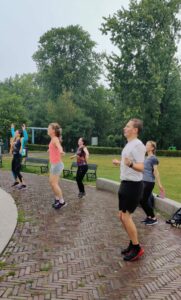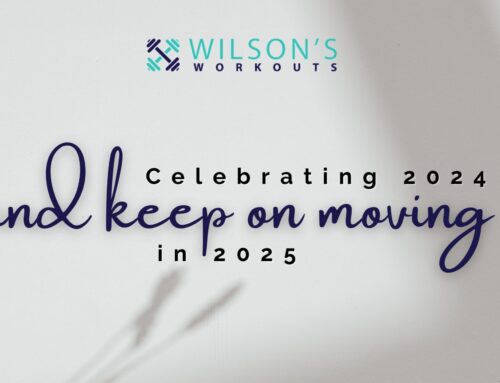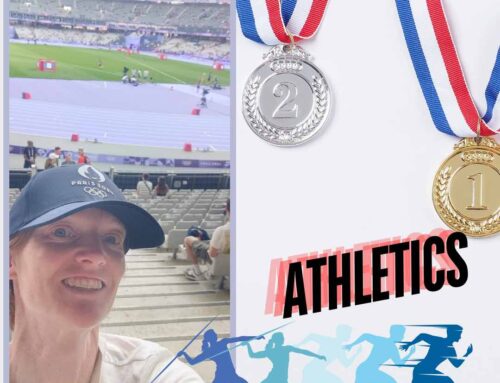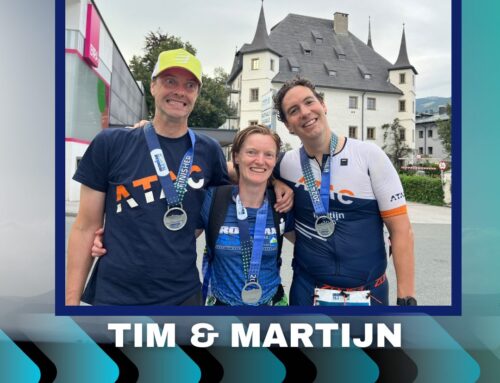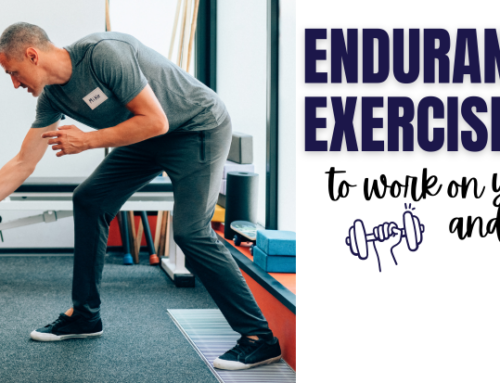I recently had to take a forced break from the volume of training I am used to doing. I had about 8 weeks of one thing after another happening to me. It started with covid, which took about a month to clear. Slightly worried I wouldn’t be ready to train hard, I still decided to go on triathlon camp. On day 4 in the camp, I fell off my bike and sprained my wrist. To add insult to injury, I caught the stomach bug going around the training camp. I had two days in bed and I couldn’t eat for 4 days. The combination of both the fall and tummy bug, while still working to get back in shape after covid, really left me fatigued for a week or so.
I’m not writing this for sympathy, but to share my learnings of how I am getting back into triathlon fitness. Maybe it is useful for you and will help and motivate YOU to get back into training.
The following tips will help you get back on track with training. We are all different and need slightly different approaches, but, in general, we just need to keep it slow and do a gradual build-up.
Especially with having COVID that affected my breathing, I felt it important to start slowly. There is always a risk that doing too much too soon can set you back. I started with just getting out for walks and was grateful to get movement in at work. When I was feeling a bit better I did gentle bike sessions at home and gradually added swims and then runs into my routine. I finally added strength sessions. When recovering after injury, it is also important to take your time to increase your volume (and see the last tip).
2. Be patient
As the fatigue has lifted, I really noticed the loss of strength and fitness. While tired, it was quite easy to be patient as, quite frankly, I couldn’t be bothered doing anything. Once I had the energy back, it was difficult to accept that I had lost fitness and strength. Especially when I haven’t been able to use one arm for a while, I now notice quite a difference between my left and right arm. Recovery from injury often isn’t in a straight line, it can be a bit up and down. At the same time, it is what it is, and I just have to be patient and know it just takes time.
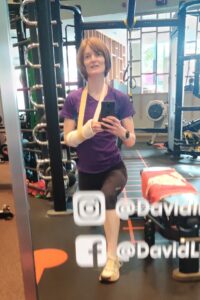 3. Focus on what you can do, not what you can’t do
3. Focus on what you can do, not what you can’t do
As part of my job, this is something I have to do with clients while in the gym. Focus on what you can do, not what you can’t. If we try out an exercise that isn’t working well, it is always possible to find something else to do. Once in a while someone will have an injury and we have to find ways around it. With my injury, I couldn’t swim, bike outside and do some exercises in the gym.
So, I ran as normal, cycled inside and skipped swimming completely. In the gym, for a start I could only do bodyweight exercises for my lower body and exercise my right arm. That led to being able to hold weights in my hands (I couldn’t balance a bar on my shoulders) for my lower body and gradually try out lighter arm workouts for my left arm. While still carrying fatigue from illness, it is a case of doing a bit less and a bit slower before building up to more intense interval style workouts.
4. Take it as a challenge
Now I am feeling a lot better. I’ll not lie, it isn’t easy to go to the gym and lift less weight. However, I now see it as a challenge to get back to where I was. I have a race in June that I have to reign in my expectations for but, at the same time, it gives me a push to see how close I can get to how I was when I raced last year. For me that’s the fun of training: having goals and pushing to get there.
I also see that there is a moment where you could easily give up and just stop training altogether. This is when I needed to remind myself why I train (I love it!) but having my triathlon coach is also handy as there is always someone else to answer to. I have a client now who recently told me that training with me is the longest she has ever trained consistently in her life. I also have a lot of long term members at my boot camp who come to work out with people they now know in a supporting environment. One even says she feels like she lets people down if she doesn’t come, which is a good motivator for her.
6. Take advice from experts
Depending on the injury or illness, I really recommend you go to a medical expert for good advice. Apart from going to the hospital on holiday for my wrist, I also had an appointment with a physio just to check things were heading in the right direction. I got a few exercises to do to help me on my way; it is really important to do these to help make a good recovery.
Let me know if these tips were helpful in your own training situation, I am curious to hear from you.
If you are still not sure that you want to work with me, come and try one boot camp class for free to see what you think for yourself. You can see the class times here and get your free session here.
Author: Lorna Wilson
Like what you see? Then send me a message or e-mail. We can meet up for a chat and find out how I can help you improve your training and help reduce injury risk.
06 460 377 74 / lorna@wilsonsworkouts.nl

